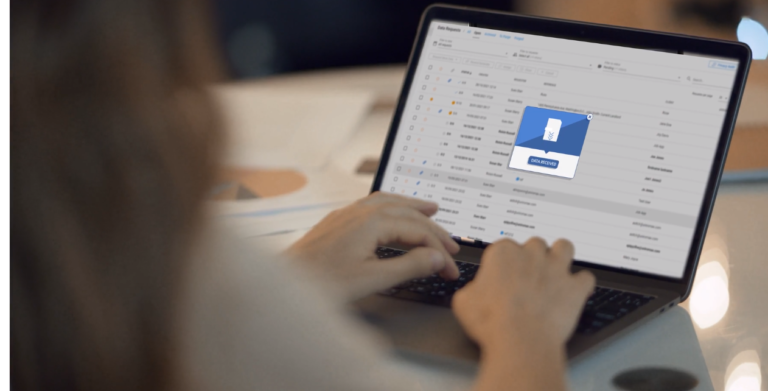PROTECTING IDENTITY – WHAT CAN A HACKER DO WITH YOUR NAME, DOB AND POSTAL ADDRESS?
We live in a fast-paced, digitally savvy world in which sharing of information is encouraged and, more importantly, facilitated. This can range from sharing photos on social media to sharing opinions on online forums, and while this type of sharing comes with its own risks – for example, what happens when your Facebook photos get picked up and used as stock images on websites across the world? – it is unsettling, but it won’t impact your daily life. The one thing that we cannot afford to lose to the abyss of the worldwide web, however, is our identity; that is ours alone, and in this world of sharing and over-sharing, it is important to learn about protecting identity.
THE RISKS WE ARE EXPOSED TO
Everyday email transactions are currently the breeding ground for hackers. Armed with simply your date of birth, your address and your full name, these cyber criminals can steal your identity and set up a range of host accounts under your name or sell your details on to relevant third parties, often marketers. Unfortunately, emails are rarely encrypted and can be too easily intercepted in cyberspace. They end up stored in multiple places and can eventually fall into the wrong hands.
Simple email transactions become risks when you send personal information to an estate agent, for example. As you work towards securing your new property you dutifully send personal details via email and straight away a scan of your passport is available on a new server. That particular estate agent likely doesn’t clear out their emails very often and so that scan is accessible for an uncomfortably long time, and who sees it and where it goes next is entirely beyond your control. The same can be said for recruitment agencies, club membership administrators and a host of other seemingly trustworthy but fundamentally unsafe receivers of your personal data.

“Everyday email transactions are currently the breeding ground for hackers”
How can you protect your data?
WHO IS A TARGET?
Small businesses who feel they are too small and insignificant to be of interest to cyber criminals are fast becoming key targets. Those random emails that pop up frequently in employee inboxes asking them to click on innocent-looking links? One click and you are potentially dealing with a company-wide cyber breach. According to a survey referenced in an article on The Guardian in February of this year, “(74%) of small organisations reported a security breach in the last year; an increase on the 2013 and 2014 survey.”
Increasingly, companies need to be aware of inside threats. An article published by Raconteur Media in 2014 foresaw the challenge presented when criminal insiders have ready access to colleague’s data saved on an accessible server – “These moles are either purposefully placed within the target organisation or identified and turned”. With no way of securing personal data online within a company cyberspace, the risk exists.
WHAT WE NEED TO DO
What can be done to protect our identity, whether our personal identity or that of our business? Is it enough to simply ensure we have strong passwords and decent anti-virus software? Experts would argue “No”. These will no longer protect you from the advanced level of skills the hackers of today use to access your details. We have lost control of data too many times in the past and while we can’t retract every passport scan we have sent via email or find and delete every online form we have submitted, we can start protecting our identity NOW.
Find out more about how PlanetVerify allows companies to obtain personal data directly and securely from their customers instantly and in a transparent way. Download the App or browse the PlanetVerify website to explore this advanced document gathering and verification process created with your data security in mind.


